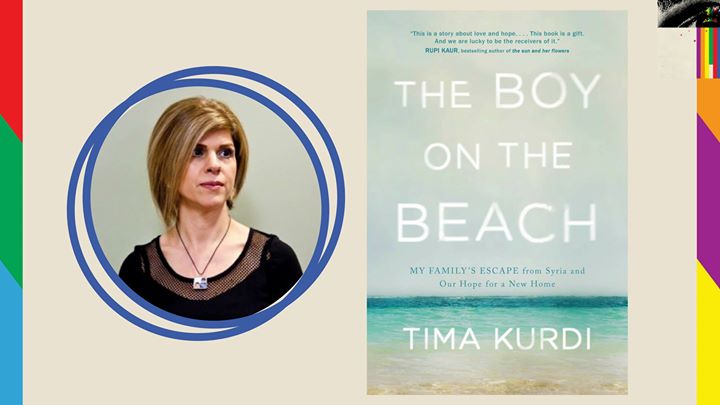
In the Fall of 2015 a member of the congregation I served at the time approached me to ask if I would endorse the sponsorship of a Syrian refugee family. Only days before I had chatted with a colleague from another United Church in town and we wondered how we might get involved because of the crisis of displaced persons from Syria. The arrival of this member at my study door was providential because he is one of the most determined and capable persons I've ever met. I knew that if he got involved he would bring a skill-set I didn't possess, and that was essential.
This occurred before the Liberals came to power in Canada and opened the immigration doors to 25,000 Syrian refugees. Our first family of five arrived as the vanguard of this Syrian wave, and with the involvement of a remarkable team of compassionate and motivated people from several congregations, denominations and faiths. Ultimately 23 members of the same extended family were brought to Canada to begin a new life.
In that first conversation Ian mentioned the galvanizing photograph of the "boy on the beach" the young child whose body was washed ashore on a Greek beach after a perilous and ultimately fatal attempt to cross the Mediterranean from Turkey illegally. As with so many others, the Kurdi family was desperate to start a new life after fleeing the strife in Syria. Tiny Alan, his brother and mother all perished and father, Abdullah, was left bereft.

Alan Kurdi
I've just read The Boy on the Beach, this tragic story told from the perspective of Abdullah's sister, Tima. They grew up in a loving family in Syria in a small and peaceful town. Tima was the one to leave in her early twenties, moving across the world to Vancouver because of her desire to experience Western culture, but a significant part of her heart remained in Syria.
The book gives the reader a strong sense of the bewildering shift from peace and relative prosperity to war and then exile for many members of the family. Abdullah was tortured by terrorists and had all his teeth torn out. His family and those of other siblings left for Turkey where they were destitute, scrambling for work, food, and rooves over their heads.
In British Columbia Tima was attempting everything possible to provide support and coming up against road-blocks for sponsorship of family members. She and her husband provided the money so that Abdullah could pay smugglers and make the dangerous crossing. They attempted this several times before the fateful trip which resulted in the drownings. Other family members also fled from Turkey but survived.
Tima has been wracked by guilt for providing the funds which led to the fatal trip and suffered from debilitating depression along he way. I admire her honesty in the book. Now she has become a spokesperson for refugees and started the Kurdi Foundation in memory of the boys, Alan and Ghalib. ttp://www.kurdifoundation.com/
Initially father Abdullah was disconsolate and refused to leave even though he was offered the opportunity to come to Canada. He nearly died from physical illness and a broken heart. He is on the road to recovery, remarried, and works on behalf of refugee children.
I highly recommend this book, even though it brought tears to my eyes several times. It helped to create a more complete picture of this particular tragic situation and of the refugee experience in general. And of course the challenge for the world is still present.
Comments?
No comments:
Post a Comment